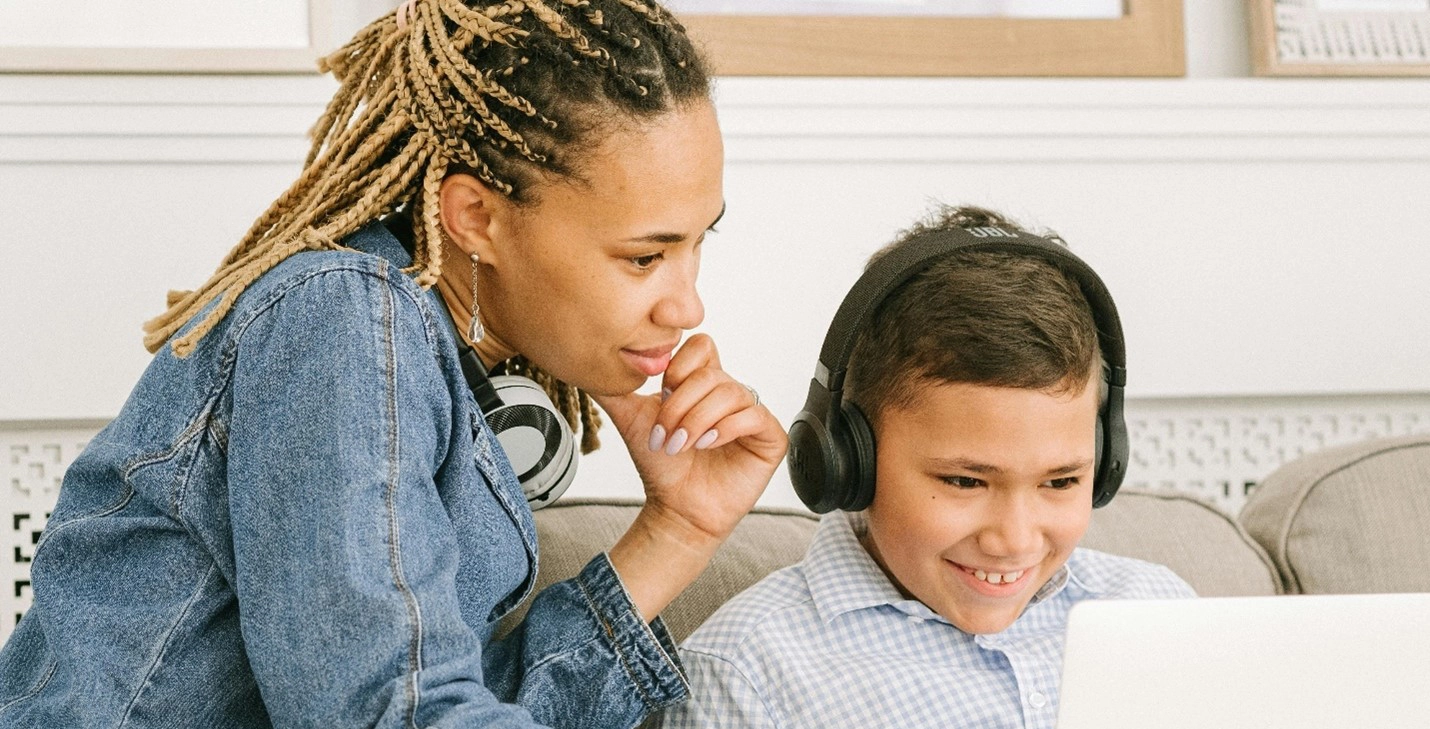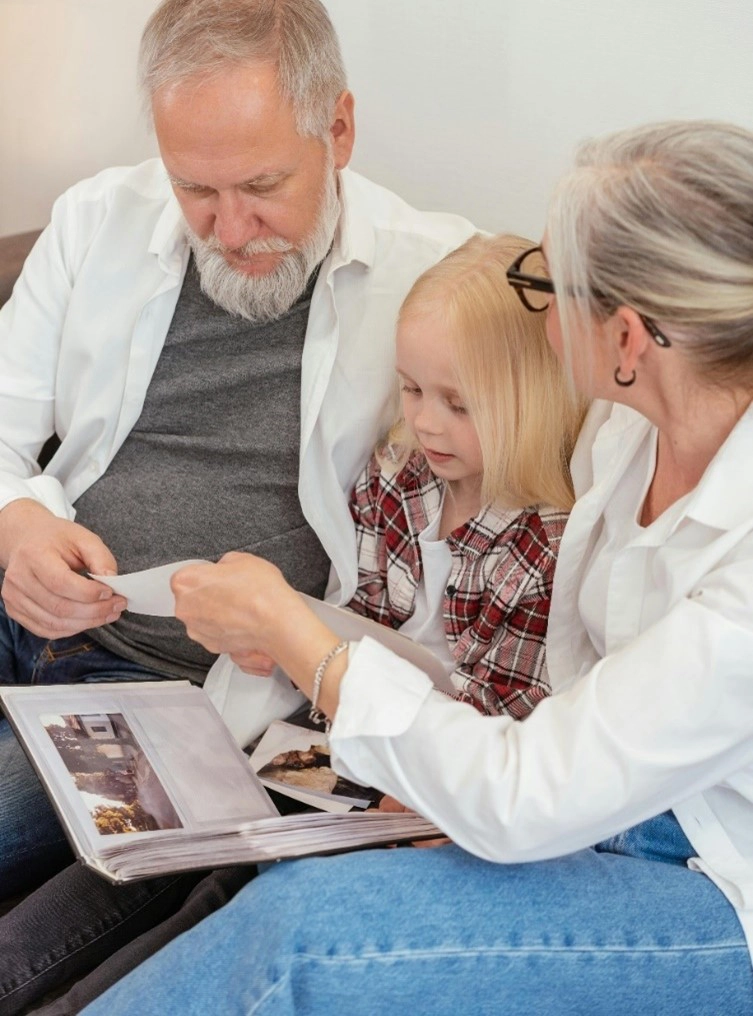
Many of us learn about deeds only when we receive one of our own. The power of holding a deed, like many practical things in life, rarely gets taught in school.
But no one is ever too young to learn what a deed is.
If you have youngsters in your life, you can use this article to introduce them to that wonderful piece of paper: the deed to a home.
Let’s Start! What’s a Deed?
Homes across our land all have something in common. There’s information for every home at the office of the Recorder of Deeds.
Do you know what county your home is in? The office that holds the information for your home is right there, in your county.
A deed is part of that information. The deed shows the address of your home. It shows exactly how much land comes with the home, and exactly where that land is. It names a person, or two people, or sometimes a group of people who own the home where you live.
How did they get their names on that piece of paper that calls them the home’s owners? Where did they get that deed?
From the last person or people the home belonged to!
The earlier owners passed the deed along to the people who own the home today.
Now, if the people who own the home today ever decide to buy a new home instead, what will happen to the deed they have now?
Yes, they will pass their deed to someone new. Then, if they decide to buy another home, they will receive a totally new deed.
Every Home Needs a Deed. Do You Know Why?

Facts about your home have to be written down and kept where people can look them up. If records didn’t exist, people could forget that they gave away or sold the property!
Let’s look at how this might happen.
Sometimes, a land or a building has more than one owner. People can own a home together.
So, imagine that you and your best friend decided to buy and own a home. You can both use all of the property, but how much each person owns is written on your deed. This way, you’ll always know how much of the home belongs to you.
Now, say you both agree that one of you will give away or sell your part of the property. This could get very confusing!
So, you write down that you are giving someone your half, or however much of the property belongs to you. You make it official by getting it written on the deed.
Sometimes, people argue over who received land or a building. But because you have a deed, you can prove what is yours.
If you own a home one day, you’ll think of your deed as a very important paper. This is because only the deed can prove to other people that you own your home.
What is important for you to remember? As a home’s owner, you get a paper called the deed. Plus, the county office keeps a record of that paper. The office keeps a copy of your deed.
After making a copy, the office mails your real deed to you. This way, you can have the real paper deed to keep. But you also know that your deed has been recorded. And everyone has a place to go to look up your name if they want to make sure you really do own your home.
For the grownups: Find out more about retrieving a copy of the deed to your home.
This Is How We Keep Track of Our Deeds.
People sometimes lose their pieces of paper. But in the county where you live, someone is hard at work, making sure a copy of the deed to your home never gets lost. That person is called the Recorder of Deeds.
Every county has a Recorder of Deeds office. The office of the Recorder of Deeds keeps track of important facts about land and buildings, like our homes.
The job of a Recorder of Deeds is very important to the history of places. The history of all the homes and buildings in a place, and all the people who ever owned them, can be looked up in the Office of the Recorder of Deeds.
Deeds used to be handwritten, but now they are made by recording a picture of the deed. The Recorder of Deeds keeps copies from all the owners that your home ever had, all the way back to when the home was first built. Each owner is like a link in a chain.
When you are entitled to something, that means you have the right to use it. And the history of your home’s owners is called the chain of title. That’s the imaginary chain of every owner your home has ever had. Each owner was entitled to use the home until they passed the deed to the next owner.
How Do People Give Each Other Deeds?
One day, when you grow up, you might want to buy a home. Each state says how old you must be. In most places, you need to turn 18 before you can buy a home.
If you buy a home, someone will go to the Office of the Recorder of Deeds for you, to look up the home’s chain of title. This is to make sure the person selling you a home is the real owner, and no one else has a right to use your home.
The person who sells you the home will sign the deed. Then, you must agree to take the deed. Finally, the deed will say that other person is handing the home over to you. Then, it will be your deed. And then you might want to have a party with your friends!
Wait a minute. There’s one more important step. Be sure the Recorder of Deeds of the county records your new deed. It won’t take long. These days, most new deed recordings are in computer files, not books and cabinets.
Now You Know What a Deed Is. Could You Explain It to Your Friends?
You now know that deeds make up a chain. They say who a home’s official owner is. Every time a home gets a new owner, the Recorder of Deeds gets proof of this, and holds onto this proof forever!
Oh, and here’s one last thing to know. The deed to your home tells you who owns it. But not all deeds are the same.
That’s right. Some deeds promise that no one else in the world could say they own part of your home. Some deeds make no such promises. Lucky for all of us, there are people who know all about deeds. They can let us know if a deed is good before we agree to be named on it.
Supporting References
PA Ancestors LLC and Denys Allen for PAAncestors.com: The Easy Way to Find Deeds in PA [Pennsylvania] (Aug. 23, 2024).
Liz Smith for SmartAsset.com: What Is a House Deed? (updated Nov. 16, 2022).
Denyse Allen for PA Ancestors, via PAAncestors.com: The Easy Way to Find Deeds in PA (Jan. 30, 2023).
Deeds.com: Recorder Information.
And as linked.
More on topics: How the deed works, Kids named on deeds, Deed vs. title, Deed lingo
Photo credits: Ivan Samkov and Mikhail Nilov, via Pexels/Canva.
